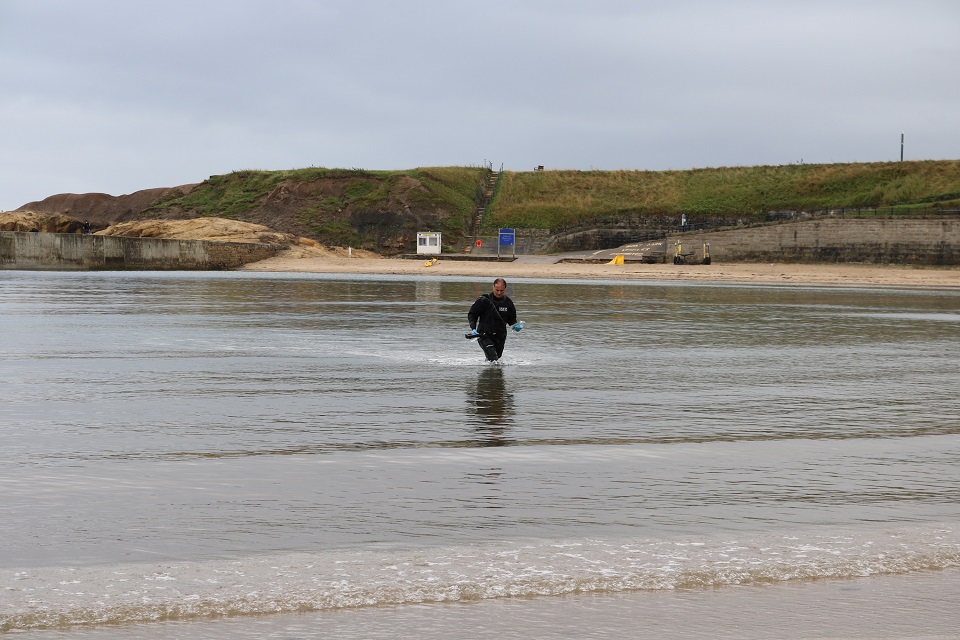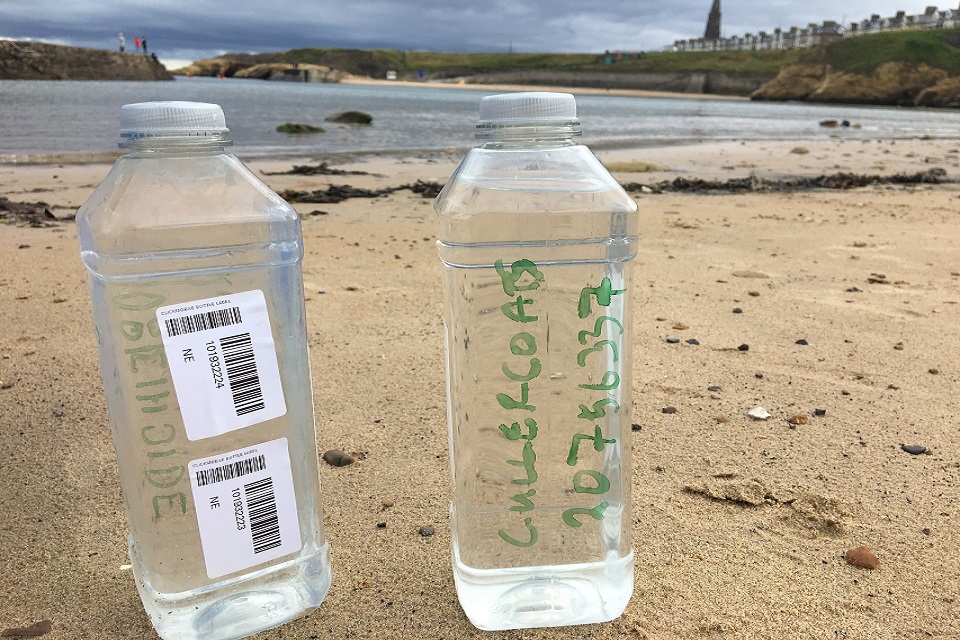Minister for Disabled People, Sarah Newton, and Tourism Minister, Michael Ellis, urge all leisure attractions to “follow their lead” and ensure they are catering for disabled customers’ needs.
Tourism is booming across the UK and is now worth over £66 billion a year to the economy. The sector employs 1.6 million people and creates growth across the country, from beautiful beaches and activity parks, to hundreds of thousands of heritage sites.
If the sector is to continue flourishing, it needs to ensure that facilities are accessible to all its visitors. With one in 5 people in the UK living with a disability or health condition, there is a clear business case for ensuring that disabled people’s needs are catered to. Businesses can take actions including improving training on disability awareness for staff and adapting facilities to ensure they are accessible.
On a visit to Sandcastle Water Park in Blackpool, the Minister for Disabled People, Health and Work, Sarah Newton, said:
Enjoying all the experiences the UK has to offer with family and friends should be fun and enjoyable, but for many disabled people this can be a cause for disappointment and frustration.
Many leisure businesses are already doing the right things in making sure their facilities are enjoyed by disabled people, including Sandcastle Water Park in Blackpool. Things like designated opening times, a quiet room, open-ended day tickets and ramps can make all the difference. I’m calling on others in the tourism industry to follow their lead and put visitors’ needs at the heart of their services.
On a visit to Eureka! The National Children’s Museum in Halifax, the Minister for Arts, Heritage and Tourism, Michael Ellis, said:
All over the country, our tourism industry is booming and we are a world-leading holiday destination for visitors from both at home and abroad.
However if we are to maintain this reputation and its economic and social benefits, I urge all tourism venues to follow in the footsteps of these award winners and review whether they are doing enough to cater for disabled people, to ensure they are accessible to everyone.
Examples of tourist venues leading the way in this area, and highlighted by VisitEngland’s Inclusive Tourism Award, include:
- the Roman Baths and Pump Room in Bath
- Mylor Sailing and Powerboat School in Cornwall
- Cottage in the Dales in Newbiggin
- Sandcastle Waterpark in Blackpool
- Eureka! The National Children’s Museum in Halifax
Adaptations made by the venues include:
- making them wheelchair accessible
- installing Changing Places toilets
- providing accommodation for guide dogs
The Head of Business Support at VisitEngland, Ross Calladine, said:
Our Inclusive Tourism Award winners demonstrate that providing easy access for all makes sound business sense.
By taking steps to ensure staff are disability confident, making reasonable adjustments to facilities and providing information on venue accessibility, other businesses can benefit from this valuable market.
The government has a dedicated sector champion for tourism, who works with the industry to promote the benefits of being inclusive to its disabled visitors.
Chris Veitch, Chief Executive of Tourism for All and the government’s Sector Champion for Tourism, said:
Making tourism more accessible not only improves travel opportunities for disabled people and many others with accessibility requirements, it can improve the quality of the visitor experience for everybody and help make the UK tourism offer more competitive.
There are more than 11 million disabled people in the UK with a combined spending power of their households, ‘the purple pound’, standing at around £250 billion.
Annual statistics released in July revealed that a record-breaking 39.2 million visits were made by overseas tourists to the UK in 2017, and the latest domestic tourism figures showed that residents across Great Britain took a total of 120.7 million overnight visits to destinations in England, Scotland and Wales in 2017.
2018 Inclusive Tourism Award winners can be found here: www.visitenglandawards.org/about-home/winners/awards-winners-2018.
Previous winners of the Inclusive Tourism Award can be found here: www.visitengland.com/plan-your-visit/access-all.
The Scope Extra Costs Commission report can be found here: www.scope.org.uk/Scope/media/Interim-report/Extra-Costs-Commission-Final-Report.pdf.
Further information on how venues can improve their accessibility can be found here: www.visitbritain.org/providing-access-all.
Follow DWP on:

